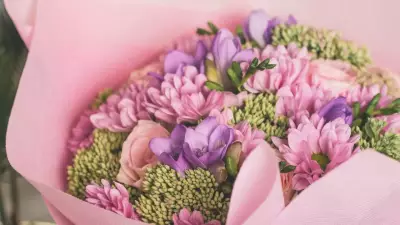
In the diverse linguistic landscape of India, the way wives address their husbands reveals much more than just marital status - it uncovers deep cultural values, relationship dynamics, and sometimes even humorous undertones. While 'husband' remains the common English term, traditional Indian languages offer a rich tapestry of expressions that carry unique emotional weights and social contexts.
The Divine Partner: Pati Parmeshwar
Literally translating to 'husband god,' this term reflects the traditional view where the husband is regarded with reverence and devotion. Commonly used in Hindi-speaking regions, it signifies the elevated status given to the husband in conservative households, though modern interpretations are evolving this dynamic.
The Respected One: Swami
Meaning 'lord' or 'master' in several Indian languages, Swami represents the husband's authority in the household. While it might sound patriarchal to contemporary ears, many couples use it with affection rather than literal meaning, much like how 'my better half' functions in English.
The Life Partner: Jeevansathi
This beautiful Sanskrit-derived term means 'life companion' and emphasizes equality and partnership. Increasingly popular among urban, educated couples, it reflects modern India's shift toward viewing marriage as a journey between equals.
The Household Head: Grihswami
Combining 'griha' (home) and 'swami' (master), this term specifically highlights the husband's role as provider and protector of the household. It's commonly used in formal contexts or when referring to the husband's responsibilities.
The Simple Partner: Pati
The most straightforward and commonly used term across multiple Indian languages, 'Pati' simply means husband without additional connotations. Its simplicity makes it versatile for various contexts, from casual conversations to formal addresses.
The Playful Partner: Shauhar
This Urdu-derived term carries a lighter, more affectionate tone. Often used in Bollywood films and romantic contexts, 'Shauhar' suggests a comfortable, loving relationship where formality takes a backseat to affection.
The Significant Other: Devar
In some South Indian languages, particularly Tamil, 'Devar' serves as a respectful yet intimate term for husband. It strikes a balance between reverence and familiarity that characterizes many traditional Indian marriages.
These diverse terms demonstrate how Indian culture acknowledges the multiple dimensions of marital relationships. From the sacred to the practical, each expression captures different aspects of what it means to be a husband in India's complex social fabric. As relationships evolve, so does the language, with many modern couples creating their own unique terms that blend tradition with contemporary values.





